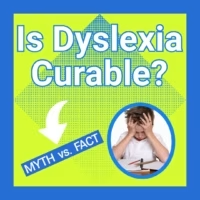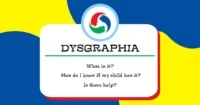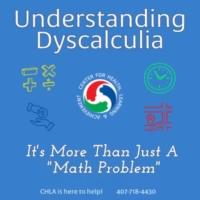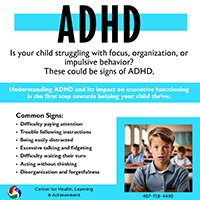As a parent, you want the absolute best for your child. If you notice they’re having a tough time with reading, writing, or spelling, it’s normal to feel worried. Dyslexia might be a factor—it’s a common learning difference that affects how people handle language. Understanding dyslexia and spotting the signs can really help you support your child in a meaningful way.
What is Dyslexia?
Dyslexia is a brain-based condition that mostly impacts how someone reads. It usually involves struggling with recognizing words quickly and accurately, spelling, and figuring out words. It’s important to know that dyslexia doesn’t indicate a person’s intelligence level; in fact, many people with dyslexia have average or even above-average intelligence. With the right help and support, those with dyslexia often excel in school and build great social skills.
Signs of Dyslexia
Spotting the signs of dyslexia early is key to helping your child. Every child is different, but here are some things to watch for:
- Delayed Speech Development: Kids with dyslexia might start speaking later than others and find it hard to pronounce words or rhyme.
- Difficulty with Phonemic Awareness: If your child struggles to break words into sounds or can’t easily hear sounds in words, it might be a sign.
- Struggles with Reading and Writing: Watch for confusion with letters (like b/d), trouble reading smoothly, or difficulty writing words correctly.
- Poor Spelling Skills: Above average spelling mistakes or trouble remembering spelling rules, even for familiar words, can be a clue.
- Difficulty Following Directions: Problems with following multi-step directions or remembering sequences might also indicate dyslexia.
- Avoiding Reading and Writing Activities: Your child might avoid reading and writing tasks if they’re feeling frustrated.
- Slow Processing Speed: Dyslexia can slow down how quickly your child processes information, which might show up in timed tests or reading aloud.
What to Do If You Suspect Dyslexia
If you notice signs of dyslexia in your child, it’s important to take action. Here’s a friendly guide on what to do:
- Talk to Your Child’s Teacher: Teachers can share helpful insights from classroom observations.
- Consider an Evaluation: Getting a formal assessment from a specialist can give a fuller picture of your child’s reading abilities with tests for various skills.
- Inform Yourself: Learning about dyslexia can be empowering and help remove any stigma.
- Explore Support Options: If dyslexia is diagnosed, investigate special programs, tutoring, or educational plans like IEPs or 504 Plans for custom strategies.
- Encourage Positivity: Celebrate your child’s strengths and unique talents to build self-esteem.
- Seek Professional Help: Consider working with specialists for specific interventions tailored to your child’s needs.
As a parent, noticing signs of dyslexia in your child might feel overwhelming, but it’s also a chance to seek support. By understanding dyslexia and taking action, you can help your child tackle their learning journey with confidence and resilience.
The Center for Health Learning and Achievement (CHLA) offers testing, guidance, and tailored support to ensure your child gets the help they need to succeed.









